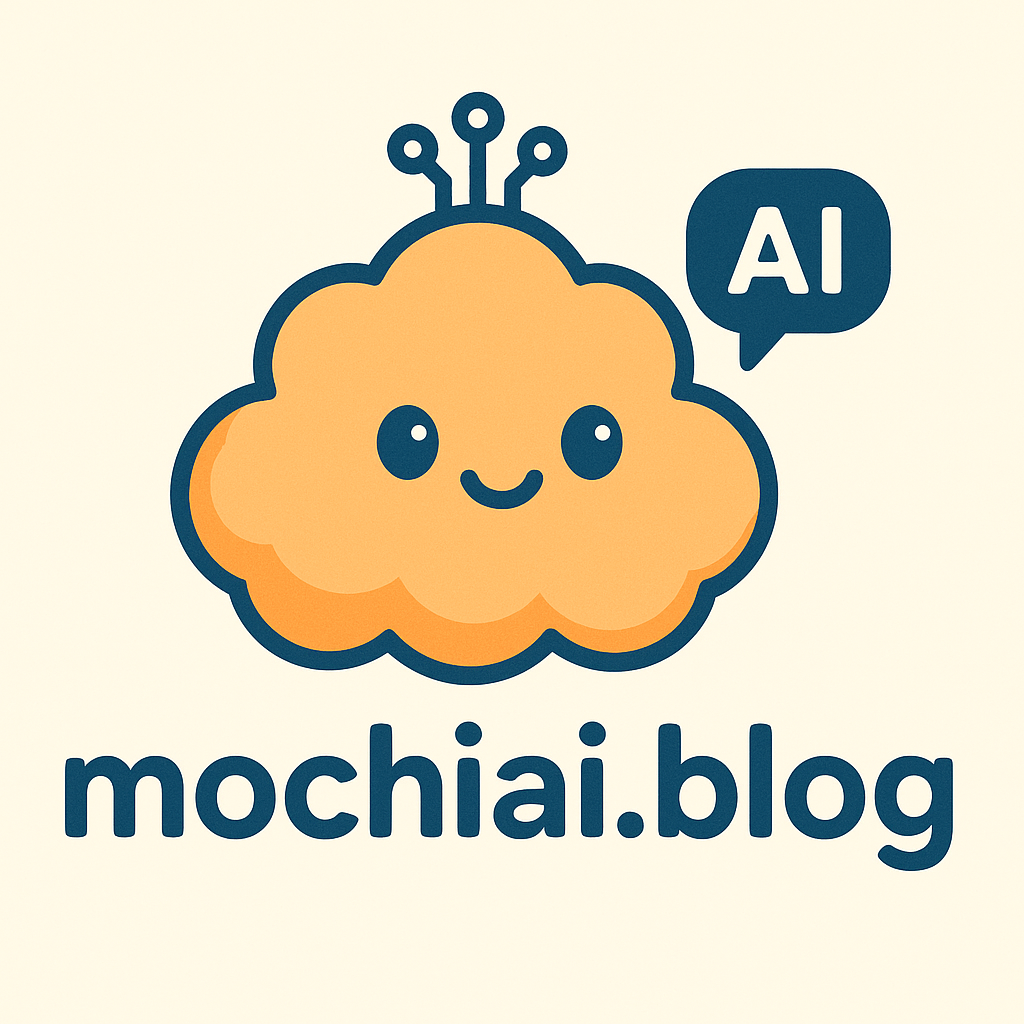
01 Aug AI in Healthcare: Transforming Vision
AI in Healthcare: Transforming Vision
Artificial intelligence (AI) is no longer a futuristic fantasy; it’s a rapidly evolving reality reshaping industries, and healthcare is at the forefront of this transformation. From streamlining administrative processes to revolutionizing diagnostics and personalized treatment, AI’s potential to improve patient outcomes, reduce costs, and enhance the overall quality of care is immense. This article delves into the multifaceted ways AI is transforming vision within healthcare, focusing on specific applications, challenges, and the ethical considerations that must guide its implementation.
Diagnostic Imaging: The AI Eye
One of the most impactful areas where AI is making significant strides is in diagnostic imaging. Traditional methods often rely heavily on the expertise of radiologists, which can be time-consuming and prone to human error, especially when dealing with complex cases. AI algorithms, particularly those based on deep learning, can be trained on vast datasets of medical images (X-rays, CT scans, MRIs, ultrasounds) to detect subtle anomalies that might be missed by the human eye.
-
Early Cancer Detection: AI algorithms can analyze mammograms with remarkable accuracy, identifying potential signs of breast cancer earlier than traditional methods. This early detection significantly improves treatment outcomes and survival rates. Similar AI-powered tools are being developed for lung cancer screening, analyzing CT scans to identify suspicious nodules that warrant further investigation. Google’s AI model for lung cancer detection, for example, has shown promise in reducing false positives and false negatives.
-
Cardiovascular Disease Diagnosis: AI is revolutionizing the diagnosis and management of cardiovascular diseases. Algorithms can analyze echocardiograms to assess heart function, detect structural abnormalities, and predict the risk of heart failure. They can also analyze angiograms to identify blockages in coronary arteries, aiding in the diagnosis of coronary artery disease. Startups like Arterys have developed AI-powered software that automates the analysis of cardiac MRI scans, reducing analysis time and improving accuracy.
-
Neurological Disorder Detection: AI is proving invaluable in detecting and diagnosing neurological disorders. Algorithms can analyze brain MRIs to identify signs of Alzheimer’s disease, multiple sclerosis, and stroke. They can also be used to monitor disease progression and predict the likelihood of future neurological events. Q Bio’s Body Scanner with AI capabilities is being touted as able to detect cancers and neurological issues before clinical symptoms are present.
-
Retinal Imaging Analysis: AI is transforming ophthalmology by automating the analysis of retinal images. Algorithms can detect diabetic retinopathy, glaucoma, and age-related macular degeneration (AMD) with high accuracy. This allows for early detection and treatment of these conditions, preventing vision loss. IDx-DR, an FDA-cleared AI system, can autonomously diagnose diabetic retinopathy in primary care settings, increasing access to screening for this common complication of diabetes.
Personalized Medicine: AI Tailoring Treatments
AI is not just about improving diagnostics; it’s also about personalizing treatment plans to maximize effectiveness and minimize side effects. By analyzing vast amounts of patient data, including genomic information, medical history, and lifestyle factors, AI algorithms can identify patterns and predict how individuals will respond to different treatments.
-
Drug Discovery and Development: AI is accelerating the drug discovery process by identifying potential drug candidates, predicting their efficacy, and optimizing their chemical structures. AI algorithms can analyze vast databases of chemical compounds and biological data to identify molecules that are likely to interact with specific disease targets. This reduces the time and cost associated with traditional drug discovery methods. Companies like Atomwise are using AI to accelerate drug discovery for various diseases, including cancer and infectious diseases.
-
Predictive Analytics and Risk Stratification: AI algorithms can analyze patient data to predict the risk of developing certain diseases or experiencing adverse events. This allows healthcare providers to implement preventive measures and tailor treatment plans to individual risk profiles. For example, AI can be used to predict the risk of hospital readmission, allowing hospitals to proactively intervene and prevent patients from returning to the hospital.
-
Treatment Optimization: AI can help optimize treatment regimens for chronic diseases such as diabetes, hypertension, and asthma. By analyzing patient data and monitoring their response to treatment, AI algorithms can recommend adjustments to medication dosages and lifestyle interventions to achieve optimal health outcomes.
-
Genomic Medicine: AI is essential for analyzing the vast amounts of data generated by genomic sequencing. Algorithms can identify genetic mutations that are associated with specific diseases and predict how individuals will respond to targeted therapies. This allows for the development of personalized treatment plans that are tailored to each patient’s unique genetic makeup.
Robotic Surgery: Precision and Minimally Invasive Procedures
Robotic surgery, powered by AI, is revolutionizing surgical procedures by offering increased precision, dexterity, and control. These systems allow surgeons to perform complex procedures through small incisions, minimizing tissue damage, reducing pain, and shortening recovery times.
-
AI-Assisted Surgical Navigation: AI algorithms can analyze preoperative imaging data to create detailed 3D models of the surgical site. These models can then be used to guide the robotic surgical instruments with pinpoint accuracy, avoiding critical structures and minimizing the risk of complications.
-
Real-time Image Analysis: AI can analyze real-time images from the surgical field to identify anatomical landmarks, detect bleeding, and provide surgeons with visual cues and warnings. This enhances the surgeon’s situational awareness and helps them to make more informed decisions during the procedure.
-
Autonomous Tasks: While fully autonomous surgery is still in its early stages, AI is being used to automate certain repetitive tasks during surgical procedures, such as suturing and tissue manipulation. This frees up the surgeon to focus on more complex aspects of the procedure and reduces the risk of human error.
Challenges and Ethical Considerations
While AI holds immense promise for transforming vision in healthcare, it also presents several challenges and ethical considerations that must be addressed carefully.
-
Data Privacy and Security: AI algorithms rely on vast amounts of patient data, raising concerns about data privacy and security. It is crucial to implement robust security measures to protect patient data from unauthorized access and misuse.
-
Algorithmic Bias: AI algorithms can perpetuate and amplify existing biases in the data they are trained on. This can lead to unfair or discriminatory outcomes for certain patient populations. It is essential to carefully evaluate AI algorithms for bias and to develop strategies to mitigate its effects.
-
Transparency and Explainability: Many AI algorithms, particularly those based on deep learning, are “black boxes,” meaning that it is difficult to understand how they arrive at their conclusions. This lack of transparency can make it difficult to trust and validate AI-powered healthcare applications.
-
Job Displacement: The increasing use of AI in healthcare could lead to job displacement for some healthcare professionals, particularly those involved in routine tasks. It is important to consider the impact of AI on the healthcare workforce and to develop strategies to help workers adapt to the changing landscape.
-
Regulatory Frameworks: The regulatory frameworks governing the use of AI in healthcare are still evolving. It is important to develop clear and comprehensive regulations that promote innovation while ensuring patient safety and ethical considerations.
Future Directions: A Vision of the Future
The future of AI in healthcare is bright, with continued advancements expected in all areas. Expect to see more sophisticated AI algorithms that can analyze increasingly complex datasets, leading to more accurate diagnoses and personalized treatments. The integration of AI with other technologies, such as virtual reality and augmented reality, will create new opportunities for training, simulation, and patient engagement. The development of explainable AI (XAI) will be crucial for building trust and acceptance of AI-powered healthcare applications. As AI matures, it will likely become an indispensable tool for healthcare professionals, helping them to deliver better care, improve patient outcomes, and transform vision for a healthier future.
